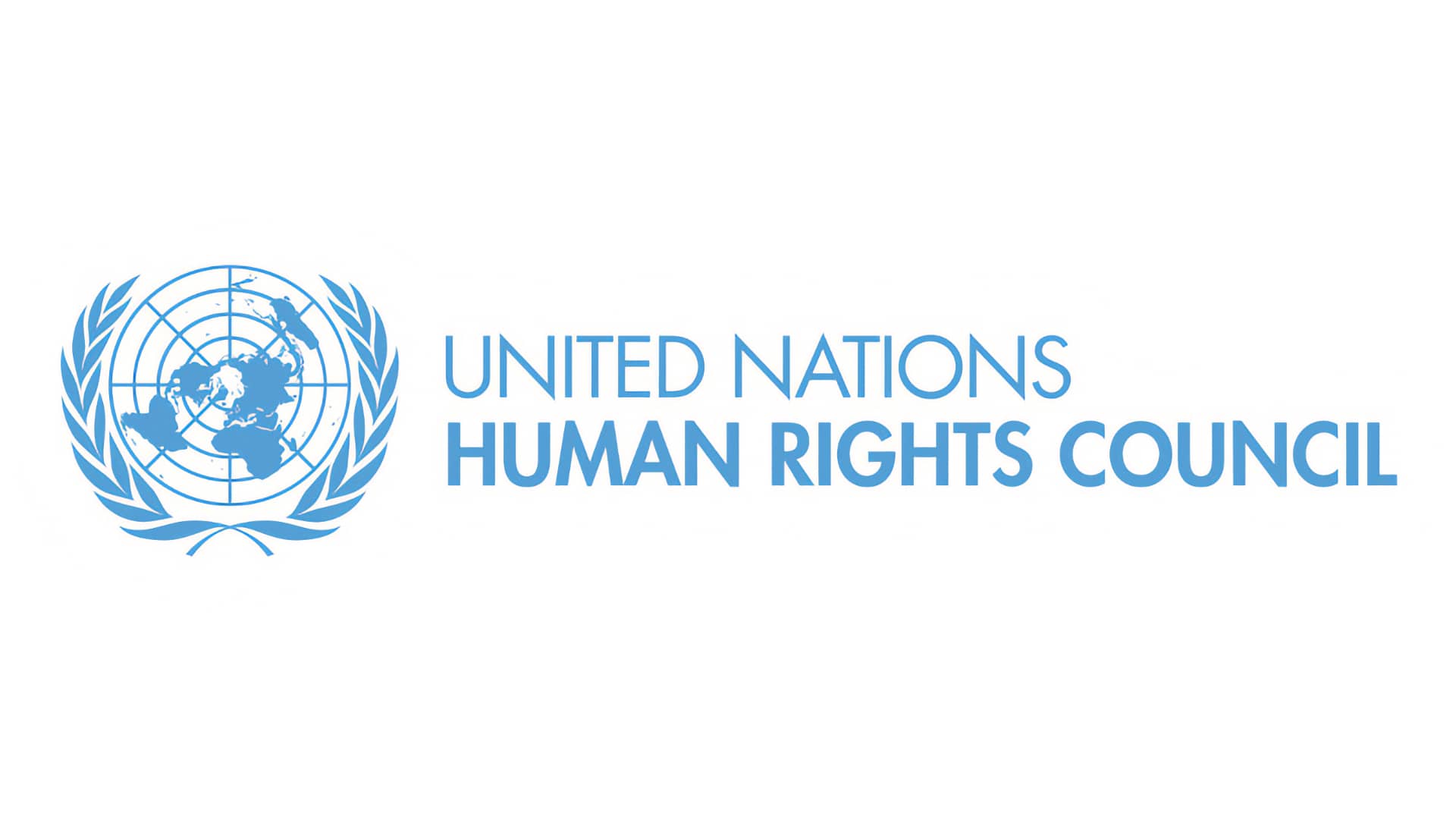As a joint effort among organisations supporting Sex Workers rights, GAATW submitted a statement for the 56th session of the Human Rights Council in Geneva. As part of a delegation of representatives of Sex Workers groups and organisations, Sabra Boyd from Sex Workers and Survivors United, a member organisation of our US member organisation Freedom Network USA, spoke on behalf of GAATW. The attendance of this delegation to the hearing at the UNHRC comes as a result, and as a clear sign of rejection, of the last report on prostitution launched by the Special Rapporteur on Violence Against Women and Girls last month.
In her oral statement, Sabra emphasised "a human rights approach to combating trafficking centers on protecting people’s agency and autonomy to work – rather than increased policing and surveillance". Sabra referred to the Special Rapporteur on violence against women and girls (SR VAWG)'s report on how it "dangerously conflates the needs of children and adults. To address these two populations simultaneously is ineffective and contrary to international human rights law."
Sabra also emphasised the recently passed law in Louisiana (USA) where the online age verficiation law that's similar to SR VAWG report's recommendations had led to over "6 million people’s identities being stolen in a data breach less than a year later." and as a a child trafficking survivor whose identity was stolen by her trafficker, "the lasting damage led to me remaining homeless longer and I was trafficked again as a teenager."
Sabra further pointed out how "this report also infantilizes survivors, implying that we are incapable of autonomous consent. Poverty, disability, education, addiction, pregnancy, and social status do not erase our ability to consent."
Finally, Sabra's statement also mentioned the definition of trafficking from the outdated 1949 Prostitution Convention that Member States have adopted. This Convention has been rejected by the previous mandate holder on the basis that it does not take a human rights approach and does very little to protect women from human rights violations committed in the course of trafficking.
GAATW advocates for a more just and a human rights-centered approach to combating trafficking. We believe that it's crucial to uphold the agency and autonomy of survivors, ensuring that their voices are heard and their choices respected.
Click here to watch Sabra's speech and go here for the full session.

